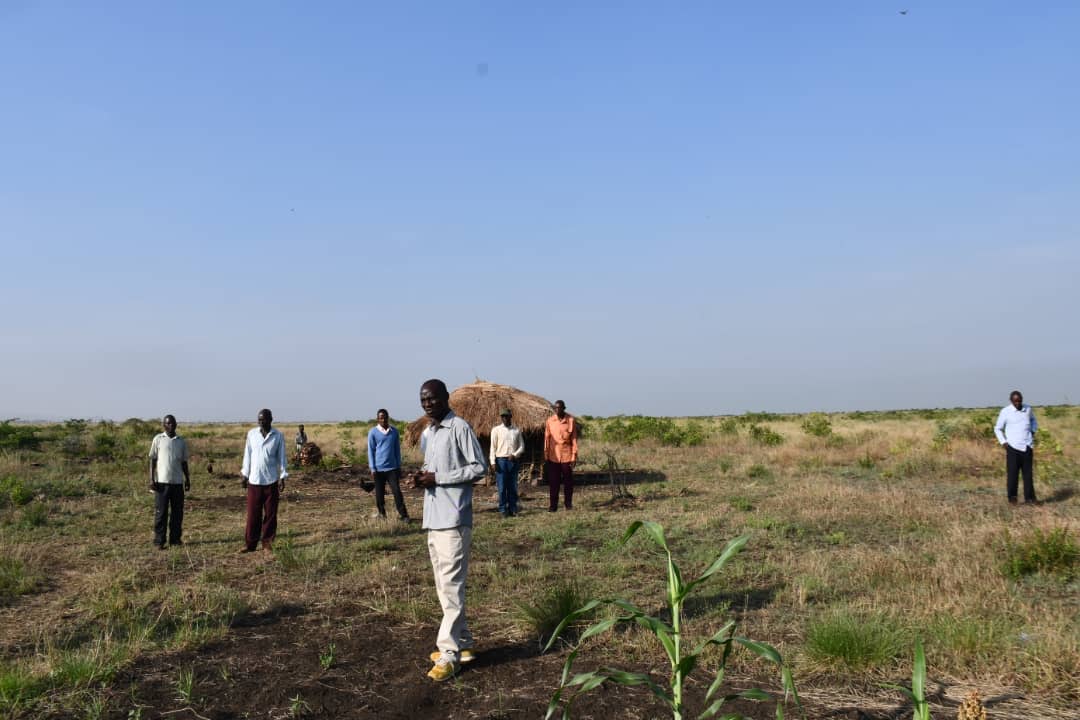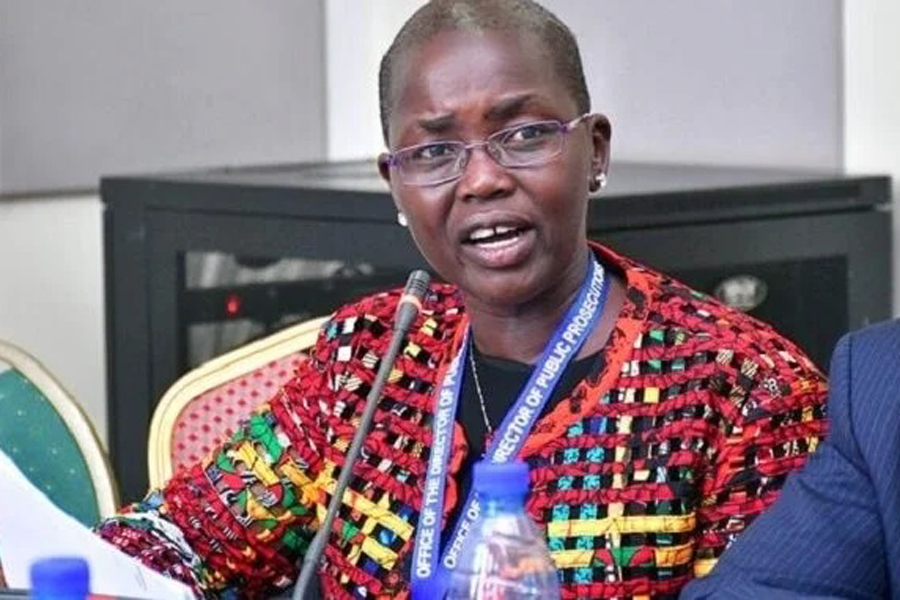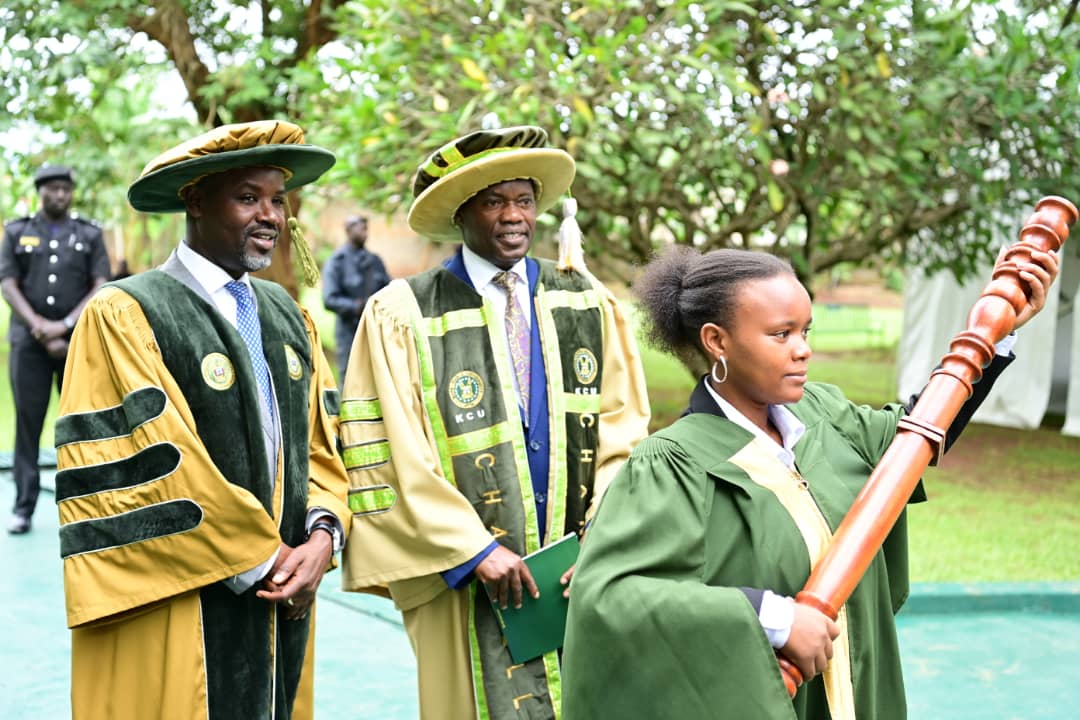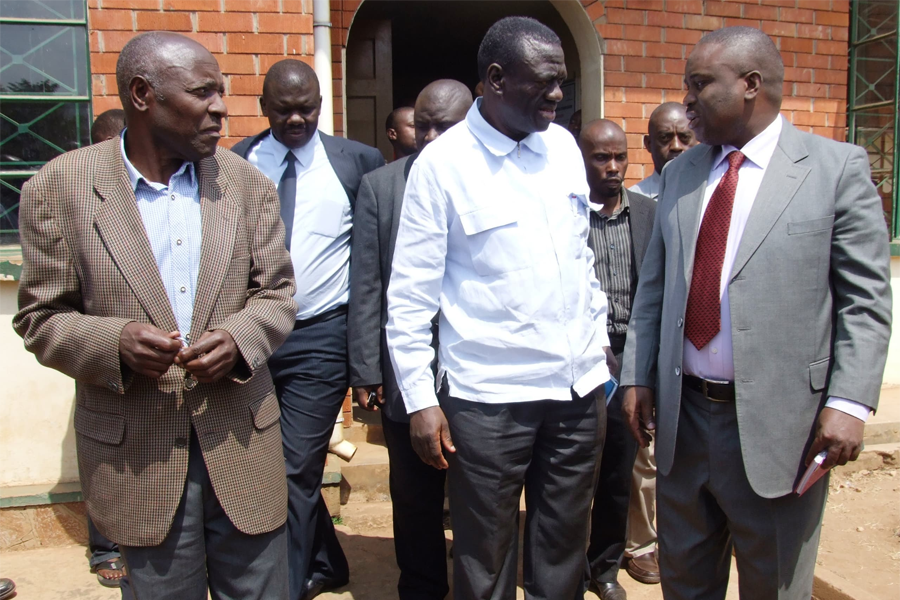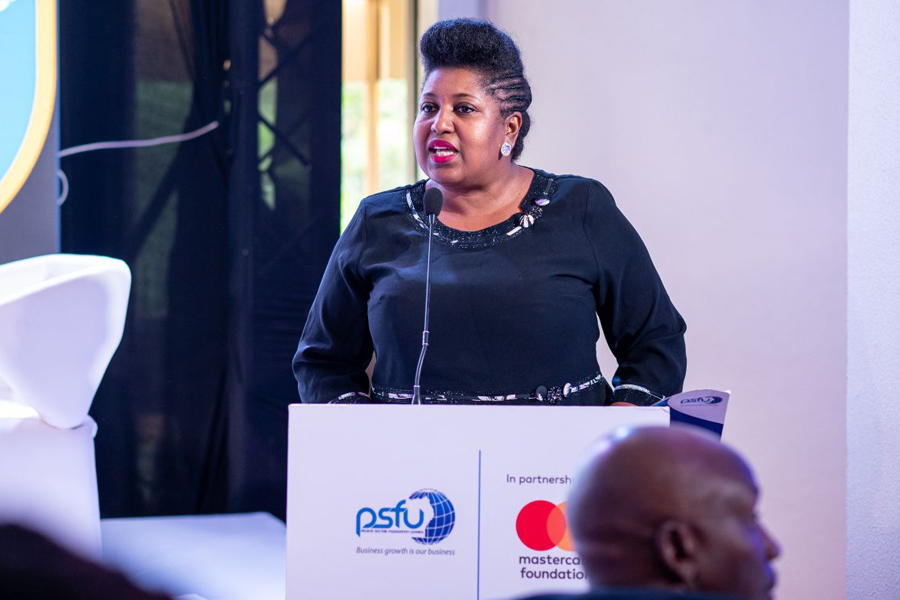Richard Otwao's Lamenting Sirens: The spiritual power of playing God
Richard Otwao’s book LAMENTING SIRENS begins with the spiritual power of him playing God!
Excuse me, Gad.
In this role, he quickly realizes that the Aeschylus-esque “wisdom through the awful grace of God” is too much for any mortal “Gad” to bear.
“I couldn’t stand it anymore. I ordered the array of all my most dreaded agent warriors: Covid-19 a.k.a Corona, Ebola, Cholera, Aids, Landslides, Floods, War, Terrorism, Tsars and Malaria, with instructions to descend upon the earth, to paint it red with human blood,” he declares, with a booming baritone from on high.
By the time we (Richard Otwao inclusive) realize his “Gad” incarnation was only a dream, we get the sense that godly powers are not to be entrusted to a human. We are too thin on patience and, like Jim Carrey in the comedy film “Bruce Almighty,” we tend to prefer short-term fixes to long-term improvement plans.
“Gad” takes his hand off the wheel and “it is exactly at this point that I lost sail and crashed onto some rock on a hill, head first, with a bang, the earth shook and trembled.”
The aftershocks of this trembling is transmuted into “Rhythms of Terror”, which are five poems with the tempo of a ride into Badlands exposing a civilization in ruins.
Otwao writes in his poem “Tremors in Kigali”:
“For Kigali,
the sun stood still
As men sized their hatred for each other
Guns coughed and brought
A great many thousands onto their knees.”
Medieval poetry relied on allegory, externalizing conflicts to achieve spiritual unity with a high power.
The gun in this poem assumes human qualities to show how man’s ill health (mental) has caused the psychosomatic effect of coughing, which is curable through a higher power (Love).
In the poem “when Covid-19 Roared”, we see redemption in humankind’s collective fear of death:
“The wailing sirens of the ambulances
Ring in the darkness
As the mighty fell.
For once
The lion and the lamb
Met in harmony. “
Tennessee Williams said “Hell is yourself and the only redemption is when a person puts himself aside to feel deeply for another person.”
Covid-19, as Richard Otwao rightly discerns, set us apart from the lesser angels of our natures. Natures which caused guns to cough in Rwanda.
“Counting the Mad” is the second section of the book and it’s strikingly cynical. Look at the first stanza from the poem “In this City:”
“In this city
Where naked women love for money
And men use their purses
As a license
To ride women,
There is no love.”
The author achieves unities of the narrative, argument, persona and monologue to conjure a clear-eyed meditation on the depredations of the city.
The author’s somewhat righteous indignation strikes its acme in the very well written poem, “DEATH; If you aren’t busy.”
Although a comma instead of semi-colon would’ve served the title better, it’s flawless literature.
From the title of the next section---Modern Patriotism---one senses the need to saddle up for a bumpy ride through the political landscape.
Take a look at this poem: “The Face of Evil”:
“The leopard snarls
Up on the baobab
With the baby antelope
Firmly in the grip of its claws
While the mother looks
Up into the sky with devout faith
To the god of divine intervention. “
The allegorical thrust of the poem reveals itself as a powerful jeremiad against the waste, corruption, decay and misrule which characterize our sunless society.
In following section of the book, “The Pangs of Rejection” piles on more indictments in this fashion.
My favourite section is “I am a literacy Artist.”
The lines: “They say I am the agitator/ Because I speak the truth,” are affecting to every artist who seeks expression over violence only for that expression to be deemed as violence!
Apart from the artist navigating misconceptions about the expressive nature of his or her work, the artist must adapt to a changing global lexicon to not to be further misunderstood.
For example, in 1958, the metaphor of “coming out” still referred to debutantes, not the “closet,” which is a post-Stonewall Rebellion metaphor that bent the old phrase of “coming out” to confessing one’s sexual orientation (gayness).
The last section of the book, When Our Hearts Meet, is touching.
The author writes elegies for Steve and Robert under the titles “Tribute to Robert” and “Tribute to Steve.”
These elegies elevate the rest of the book away from the terrors of our existence so that “the muses sing along with us.”
Then, in a twist worthy of the best thrillers, the author concludes with “Ad Infinitum.” Which is a powerful use of irony. Since Ad Infinitum means “forever,” hence cannot be used in conclusion.
“We are threatened by an impending future of sorrow, pain and suffering, bitterness and disorder,” the author writes.
However, through the depths of his despair, we glimpse hope. For he speaks of twilight. And twilight implies dawn.
Especially of the great poetry found in this book. The poems are built on stirring end-words rather than rhymes to remind us why the Kitara Nation Poetry Series, which published this book, will forever change the world of poetry in Uganda.






